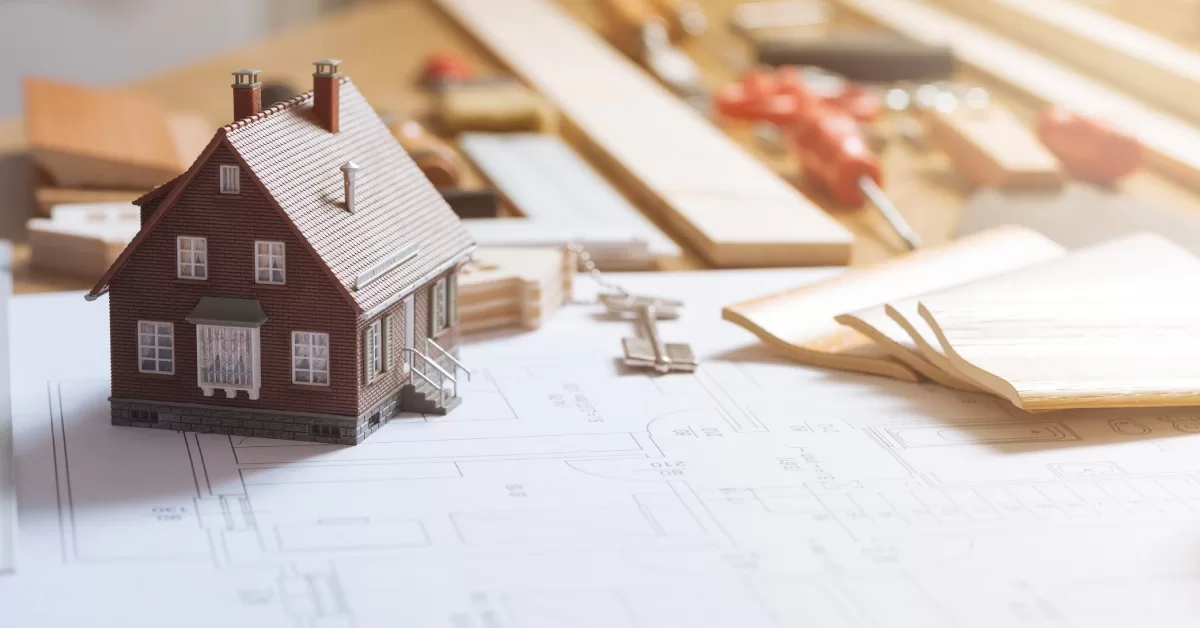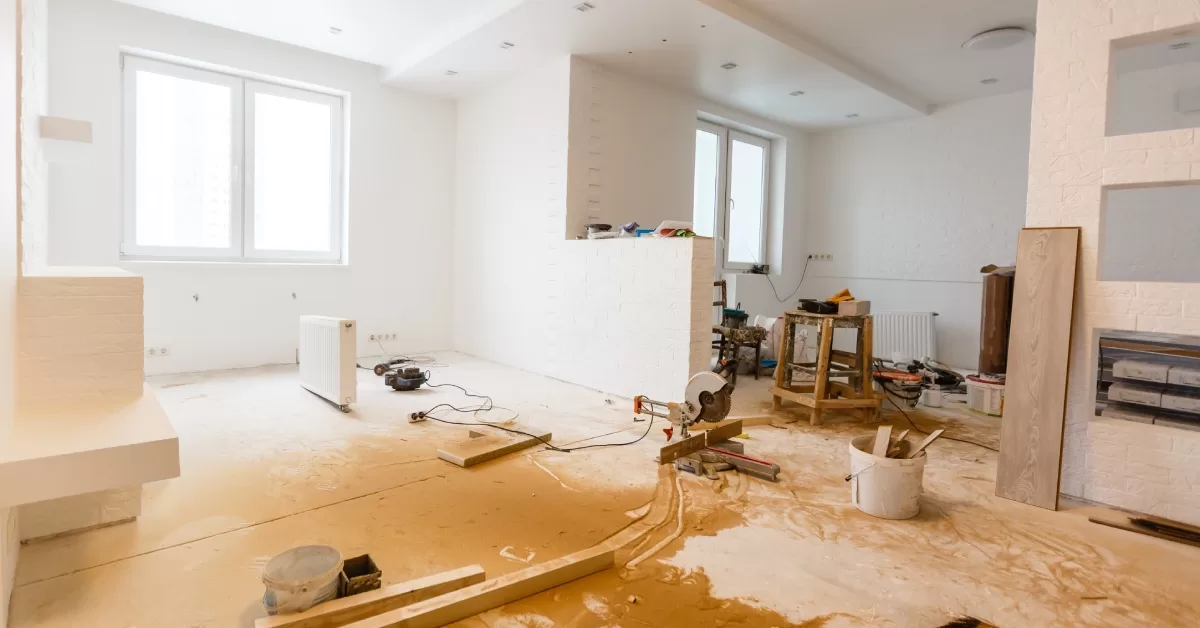Tips for Planning a Successful Home Renovation Project

Renovations are exciting projects that help homeowners achieve their dream homes. However, these projects can also be overwhelming experiences because of the variables and details involved. Thorough planningis essential for establishing clear goals, anticipating challenges, and ultimately increasing the chances of a satisfying outcome.
Whether you’re finishing your basement or adding features like accessory dwelling units to increase the functionality of your property, this guide is here to help. Read on to explore valuable tips for planning a successful home renovation project.
Determine the Best Project for Your Goals
The first step is identifying the purpose of your renovation. Are you focused on increasing your home’s resale value, updating its design, improving its energy efficiency, enhancing its functionality, or something else? Defining your primary goals will help you prioritize your efforts and decide which projects are worth the investment.
For example, if you want to increase property value, adding an accessory dwelling unit (ADU) can do this. As a bonus, ADUs can also generate rental income. If resale value is a factor, balance your personal needs with market demand.
A well-thought-out renovation will perfectly balance function and aesthetics, ensuring long-term satisfaction for both you and potential future buyers.
Consider Building Codes and Permits
Failing to comply with local building codes and permits can lead to unnecessary delays, legal issues, or fines. Researching your local requirements is critical before any work begins. Some projects, such as adding accessory dwelling units or expanding your home’s square footage, often require specific permits, inspections, and compliance with zoning laws.
Your local government or city planning office can provide details about the necessary approvals. Many design and remodel contractors handle permits as part of their services, so confirm whether this is included when hiring professionals.
Hire the Appropriate Contractor
Choosing the right contractor is one of the most important decisions you’ll make during your renovation project. Look for contractors with a proven track record and experience in the specific type of project you’re planning. For example, if you’re building an ADU, make sure to work with professionals familiar with designing, permitting, and constructing these renovations.
During the selection process, ask for references and research online reviews to understand how the contractor collaborates with homeowners. Request multiple quotes to compare pricing, timelines, and services. Working with experienced design and remodel contractors can greatly contribute to a smoother renovation process and a high-quality outcome.

Set a Realistic Budget
Your budget will determine the scope of your project, so it’s essential to approach it carefully. Allocate funds for materials, labor, permits, and unexpected expenses. Typically, setting aside 10–15 percent for contingencies is a safe practice. Researching average costs in your area can also help you create a more accurate budget.
When budgeting, remember to focus on long-term value. While cutting costs, especially on labor or materials, might be tempting, investing in quality will save you money in the long run. You may also need to review and revise your budget as you gather more information about your project’s scope, but stay true to your financial constraints.
Invest in Quality Construction Materials
The materials you choose play a huge role in the finished project’s durability, aesthetics, and functionality. For a successful renovation, focus on quality materials and skilled labor rather than cutting corners to save costs. Research different options and compare materials that fit both your style and needs.
For example, if your project is an ADU, choose exterior materials that blend well with your existing home’s design and can stand up to the years well. High-quality choices ensure durability, better performance, and long-term value for your investment.
Research the Optimal Renovation Season
Timing matters when planning a home renovation project. Weather, contractor availability, and the type of renovation you’re pursuing are all factors to consider. For example, if you’re considering an outdoor project, starting during a season with mild weather is smart because it will probably reduce delays and make the process more manageable.
If the weather isn’t a factor, then scheduling your project during off-peak times may also save you money. For instance, contractors tend to charge premium rates during spring and summer, so avoiding these seasons can create more room in your budget. Discuss potential scheduling opportunities with your contractor to find the best and most affordable timeline for your project.
Set a Projected Renovation Timeline
A clear renovation timeline that outlines how long the project should take is important. This schedule helps maintain organization, prevents delays, and holds everyone accountable for their responsibilities. Work with your contractor to break the project into stages, such as design, permitting, construction, and inspections, and assign realistic timeframes to each phase.
Communicate closely with your contractor to set clear deadlines and understand any potential challenges that could impact progress. Be prepared for occasional changes or modifications to the plan as new information or circumstances arise.

Prepare for Unexpected Issues
As we just mentioned, unexpected issues can arise at any time, and being prepared is key to handling them effectively. Start by talking with your contractor to identify potential risks and create a plan to address them. Having a clear strategy can save valuable time and reduce stress.
It’s also important to stay flexible and adapt quickly when things don’t go as planned. Encourage open communication with your contractor team to address problems as they occur. By staying proactive and solution-focused, you can turn challenges into opportunities for improvement.
Have a Plan for Your Belongings
When renovating your home, especially if construction will affect living areas, it’s important to plan where to store your furniture and other belongings. This will protect your items from dust and damage while keeping the renovation site clear for workers.
Consider renting a temporary storage unit or relocating items to unused rooms. For smaller projects, covering furniture and appliances with protective sheets may be sufficient. Taking these steps ensures a smoother workflow and minimizes stress during the renovation process.
Start Planning Your Renovation Project Today
Planning a successful home renovation project is no small feat, but following these steps can make the process more manageable. Careful preparation is the key to success, whether you’re adding square footage or transforming part of your home into a more functional, stylish space.
Distinctive Design Remodeling is the team to work with if you live in Kentucky and are looking for contractors specializing in finished basements, ADUs, and other home additions. Contact us to learn how we can bring your vision of having additional living space to life!
